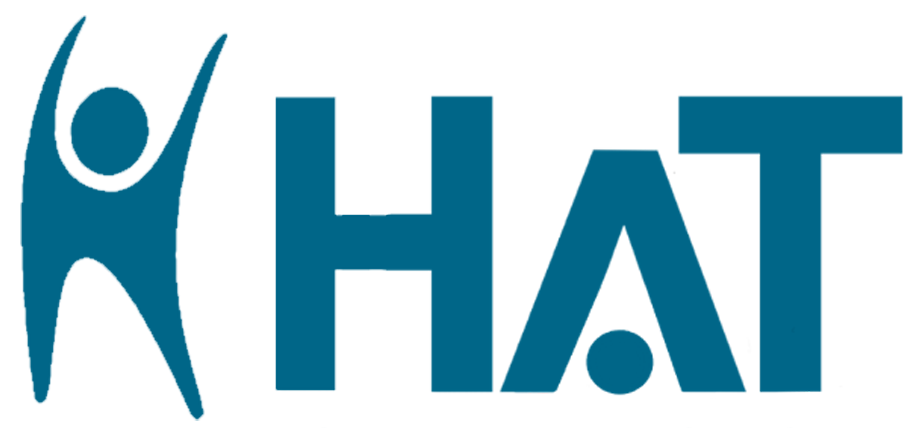HAT Hall of Fame Inductee
Moses Klein
Moses Klein
Coordinator, Spokesperson, Web Liason, Membership Secretary, Life Member
Please tell us a little bit about your background.
I'm a dual American-Canadian citizen. My family moved from the United States to Toronto when I was 3, so I spent my formative years here, but I've always had a sense of having one foot on each side of the border. My parents were both academics, so I grew up in a very intellectual environment. I was a math geek from very early, although at university I added philosophy to my major and began to read much more widely.
How did you become a secular humanist?
It's hard to say when I wasn't a humanist. Because my childhood was so rooted in an academic subculture -- not just my parents but many of our family friends were scholars -- humanistic values of academia were bred in the bone. I'd describe my father as a secular humanist and my mother as a religious humanist. My sister and I used to go, with my mother, to a Reconstructionist Jewish congregation -- that's the most humanistic branch. The house was kosher, although my father would eat whatever he wanted when we ate out, and we did ritual candle-lighting at home. But participation in religious rituals, for me, was not inconsistent with an essentially humanist worldview. If you had asked 17-year-old me about God I think I would have said it was a human creation -- but that didn't stop me from praying to a myth, and my ethical framework certainly didn't depend on any religious dictates.
The move to a more secular form of humanism was my first year at university. I decided that the rituals and the arbitrary Jewish laws didn't have any meaning for me, so I stopped following them. Not long after that, I got turned off the very notion of God, because I saw too many true believers use it as an excuse to avoid taking responsibility for problems in the world by attributing everything to God's will.
When did you become involved with HAT and what roles did you play?
In 2005 I moved back to Toronto, after a succession of university study programs, travel and temporary university lecturing jobs. I was looking for an organized humanist group because I had come to recognize the value in community that religious congregations provide -- I saw how my sister, who had become very religious at the same time I was abandoning any involvement in religion at all, had instant community anywhere she went. Having moved several times, I felt it was important for adherents to secular ideologies to have similar connections. With a little help from Google, I found HAT and began coming to the Forum regularly.
Not long afterward, HAT entered a turbulent phase. We had an ambitious plan involving a permanent space, supported by one wealthy donor. That didn't work out, as another organization we were cohabiting with reneged on its promises. Anyway, the organization was torn into two rival factions around the issue, and a lot of people left the steering committee over the conflict. I was one of the people drafted to fill the vacancies, first as a member-at-large but soon promoted to membership secretary. A year later I became coordinator, as I was one of the few active people who at the time got along well with people on both sides of the great divide. (One group left HAT not long after; I haven't stayed on good terms with them.) Over the years I have also served as interim web administrator, external representative, and, more recently, spokesperson.
Are there accomplishments with HAT that you are especially proud of?
I was coordinator when we were recovering from everything we lost in the aforementioned rift. It was a difficult time, and some people were predicting the organization wouldn't survive, but we did, and began to rebuild. I also revived an annual social -- at the time I joined, the only HAT activities were the weekly HAT Forum and monthly speakers. For a few years my parents and I hosted the social every year until they sold their house. Also, when I was spokesperson, I had the chance to represent HAT at a couple of interfaith panel discussions on the local university campuses.
What does HAT mean to you?
Most importantly, it provides community for secular humanists analogous to what religious services provide to their faithful. I also value it for its educational function: at its best, Forum discussions and guest speakers can provoke a lot of ideas. It is telling that for us, the two are connected -- we attract the kind of people who form connections through discussion, often disagreeing. That's not for everyone.
What are your current interests?
I enjoy a wide range of music, primarily jazz and classical but occasionally folk, some rock, soucous, Latin or raga. I've got a weakness for Gilbert and Sullivan. I also play bridge -- I recently joined a weekly duplicate game -- and strolling, whether through the streets or the ravines, does a lot to keep me relaxed.

